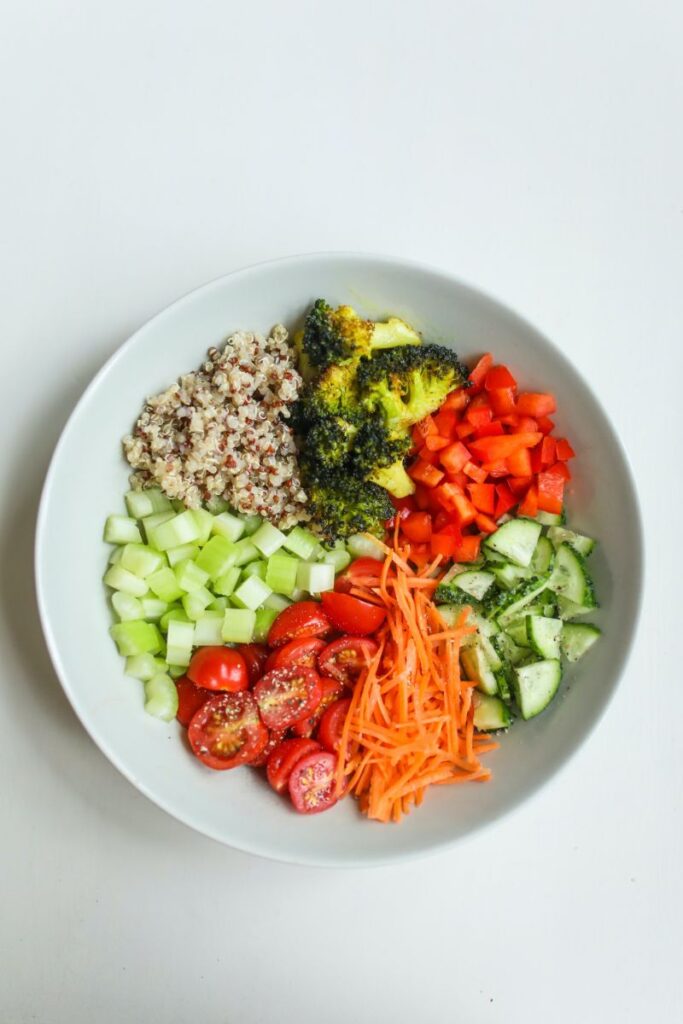
Abiding in a vegan lifestyle undoubtedly comes with some added benefits. It can protect against type 2 diabetes and certain cancers, it can lower blood sugar levels, and improve kidney function. What’s more, veganism appeals to a lot of individuals for its ability to increase weight loss and reduce excess fat. However, when transitioning into a plant-based diet, it’s imperative to do so in a healthy and efficient manner.
Do’s
Ease Into The Transition
It’s not that easy to quit cold turkey – pun intended. You need to allow your body a grace period so it can get acquainted with the new diet you’re introducing. A sudden shift into a vegan lifestyle can be a big adjustment for your body, so it’s important to slowly cut out animal products while your body regulates.
Add Probiotics to Your Diet
Now that dairy is no longer part of your diet, it’s important to implement other forms of probiotics into your daily intake. Dairy products contain probiotics and live bacteria that are good for your health, but there are vegan-friendly alternatives including tempeh, sauerkraut, and kombucha that serve as adequate probiotic substitutes.
Fiber Fiber Fiber!
Veggies are such an important source of fiber. Not only do they keep your energy levels up, but they also provide micronutrients that keep you healthy. When transitioning into a vegan diet, it’s important to not skimp on your veggies just because a vegan diet is assumed to be healthier. Maintaining substantial vegetable intake facilitates weight loss while simultaneously balancing a vegan diet.
Dont’s
Don’t Go Overboard on The Carbo-loading
“Carb up” and “Carbo-o-vore” are phrases that are common among the vegan community. While vegan pasta may be a go-to favorite, we still need ample amounts of protein and healthy fats in our bodies. Acai bowls, smoothie shakes, and coconut yogurt are tasty dishes that offer subtle amounts of carbs without going overboard.
Just Because It’s Vegan, Doesn’t Mean It’s Healthy
…and that’s the harsh reality of it! There are plenty of vegan foods that are processed and have high sodium levels, which is why it’s beneficial to read labels and know what you’re putting in your body. Don’t be fooled by a “100% vegan” or “vegan food” label, always be mindful of the products you’re choosing if you want to lose weight the right way.
Don’t Lose Track Of The Food You’re Consuming
Sometimes it can be easy to shovel copious amounts of vegan eats into your mouth without tracking what you’re eating. Moderation is key in any diet, but especially a vegan one. Logging your micro and macronutrients will help keep the body fueled while also allowing you to properly shed some weight.